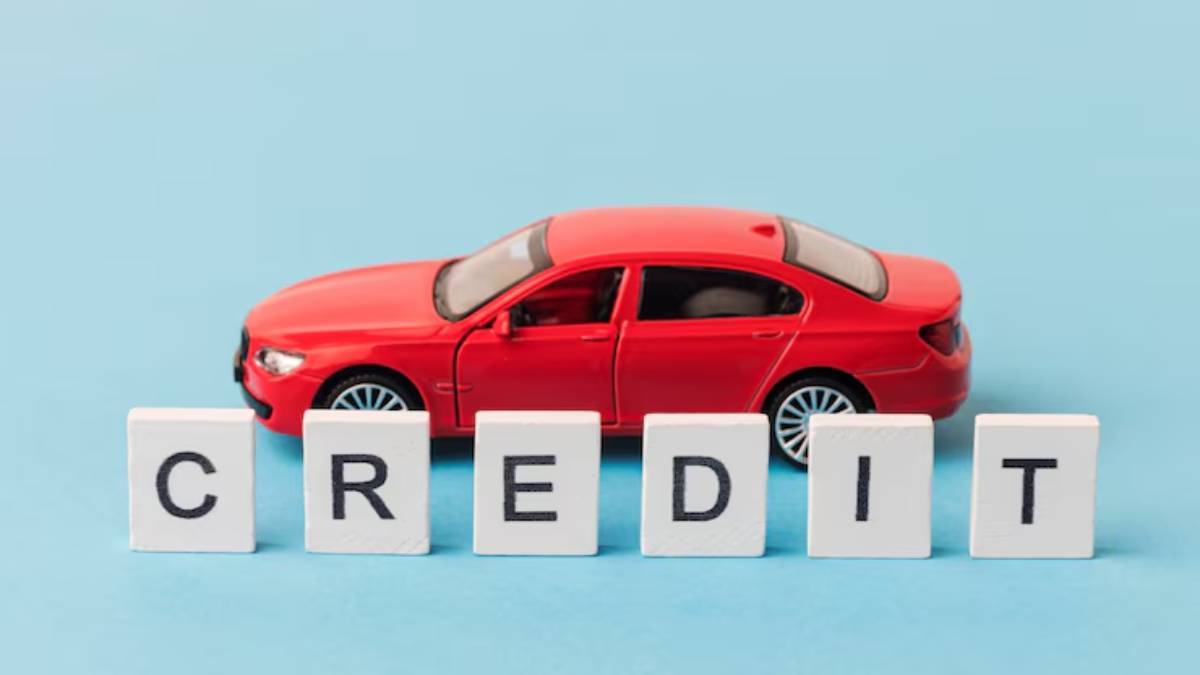
Preparing Your Credit for a Car Loan
Buying a car is one of the biggest financial decisions you’ll make — and unless you’re paying in full upfront, you’ll need a loan to do it. That’s why your credit score matters more than ever.
When you apply for auto financing, lenders look at your credit to decide how much they’re willing to lend, what interest rate to offer, and whether to approve you at all. With the right steps, you can prepare your credit for a car loan and give yourself a better chance at lower rates and more choices.
This guide breaks down the essentials of credit preparation, helping you understand what lenders look for and how to get your credit ready before you visit the dealership.
Why Your Credit Score Matters for a Car Loan

Your credit score is a snapshot of your financial trustworthiness. It shows lenders how likely you are to repay your debt.
When it comes to auto financing, your credit score affects:
- Your loan approval
- The interest rate you receive
- The size of your monthly payment
- The total cost of your loan
What Do Lenders Look For?
Lenders assess more than just your credit score. They also review your:
- Credit history (length of time you’ve used credit)
- Payment history (on-time payments, late payments, defaults)
- Credit utilisation (how much of your available credit you use)
- Types of credit (credit cards, loans, etc.)
- Recent activity (new accounts or hard inquiries)
This combination helps them decide how risky it is to lend to you.
What Is a Good Credit Score for a Car Loan?
Here’s a general breakdown:
| Credit Score Range | Impact on Auto Financing |
|---|---|
| 750 – 850 | Excellent – lowest interest rates available |
| 700 – 749 | Good – better than average rates |
| 650 – 699 | Fair – may qualify, but rates may be higher |
| 600 – 649 | Poor – limited approval options, higher rates |
| Below 600 | Very Poor – may require a co-signer or special financing |
Note: Lenders may use auto-specific scoring models like FICO Auto Score, which weigh your car-related credit history more heavily.
Steps to Prepare Your Credit for a Car Loan
If you want to boost your chances of approval and secure a better deal, start with these credit preparation steps.
1. Check Your Credit Report
Before anything else, get a copy of your credit report from:
- Experian
- Equifax
- TransUnion
Look for:
- Incorrect balances
- Missed payments that weren’t late
- Accounts that don’t belong to you
Dispute any errors immediately. Fixing one mistake can improve your score quickly.
2. Know Your Credit Score
Check your credit score through free services like:
- Credit Karma
- ClearScore
- Your bank or credit card provider
Knowing your score helps you estimate the kind of loan terms you can expect.
3. Pay Down Existing Debts
Lowering your credit card balances helps improve your credit utilisation, which boosts your score.
Try to reduce balances to under 30% of your credit limit — and if possible, aim for 10% or less.
4. Make All Payments On Time
Your payment history is the single biggest factor in your credit score. Pay all your bills — including loans, credit cards, and utilities — on time.
Even one missed payment can lower your score and impact your credit for car loan applications.
5. Avoid Opening New Credit Accounts
Applying for new credit adds hard inquiries to your report, which can temporarily lower your score.
Avoid opening new cards or loans in the months leading up to your car loan application.
6. Don’t Close Old Accounts
Older accounts add to your credit history length, which helps your score. Even if you’re not using them, keep them open and in good standing.
7. Save for a Down Payment

While not directly linked to your credit, having a larger down payment shows lenders you’re financially responsible — and it reduces the amount you need to borrow.
This can also improve your loan approval odds, even if your credit is average.
Explore more in The Role of Credit Utilisation in Your Score .
Loan Options Based on Credit Score
Depending on your score, different loan paths may make more sense:
Excellent Credit
- Offers from banks, credit unions, and dealerships
- Best interest rates and flexible terms
- Pre-approval makes the buying process smoother
Fair Credit
- Moderate interest rates
- Some banks and credit unions may still offer good deals
- Consider comparing multiple lenders for better options
Poor or No Credit
- Consider a co-signer with good credit
- Explore buy-here-pay-here dealerships (with caution)
- Look into credit union programs or secured auto loans
How Pre-Approval Helps
Getting pre-approved means a lender agrees to loan you a set amount before you visit the dealership.
Benefits:
- Know your budget
- Compare interest rates
- Avoid high-pressure dealership financing
- Strengthen your negotiation power
Keep Your Score Healthy During Auto Financing
Once you’ve secured your loan, the work doesn’t stop. Continue managing your credit well to keep improving your score.
Set up automatic payments
Ensure you never miss a loan payment.
Pay more than the minimum
Paying extra each month reduces your interest over time.
Monitor your credit
Keep an eye on your report to see how your loan affects your profile.
Common Mistakes to Avoid
Even a few small missteps can hurt your loan prospects or cost you more in the long run. Watch out for:
Applying without checking your credit
You’ll walk in blind — and risk getting poor loan terms.
Ignoring your credit utilisation
High balances can lower your score just before you apply.
Overestimating your budget
Just because you’re approved doesn’t mean you can afford it. Stick to what’s reasonable for your income.
Not shopping around
Different lenders offer different rates. Always compare a few offers.
Drive Your Credit Forward
Preparing your credit for a car loan doesn’t have to be overwhelming. With the right steps, you can build a stronger profile, reduce your interest rate, and feel confident walking into the dealership.
Smart credit preparation means better deals, smoother approvals, and a loan you can manage with ease. Whether you’re buying your first car or upgrading your ride, make your credit part of the journey.
Read our full guide on Disputing Errors on Your Credit Report .


